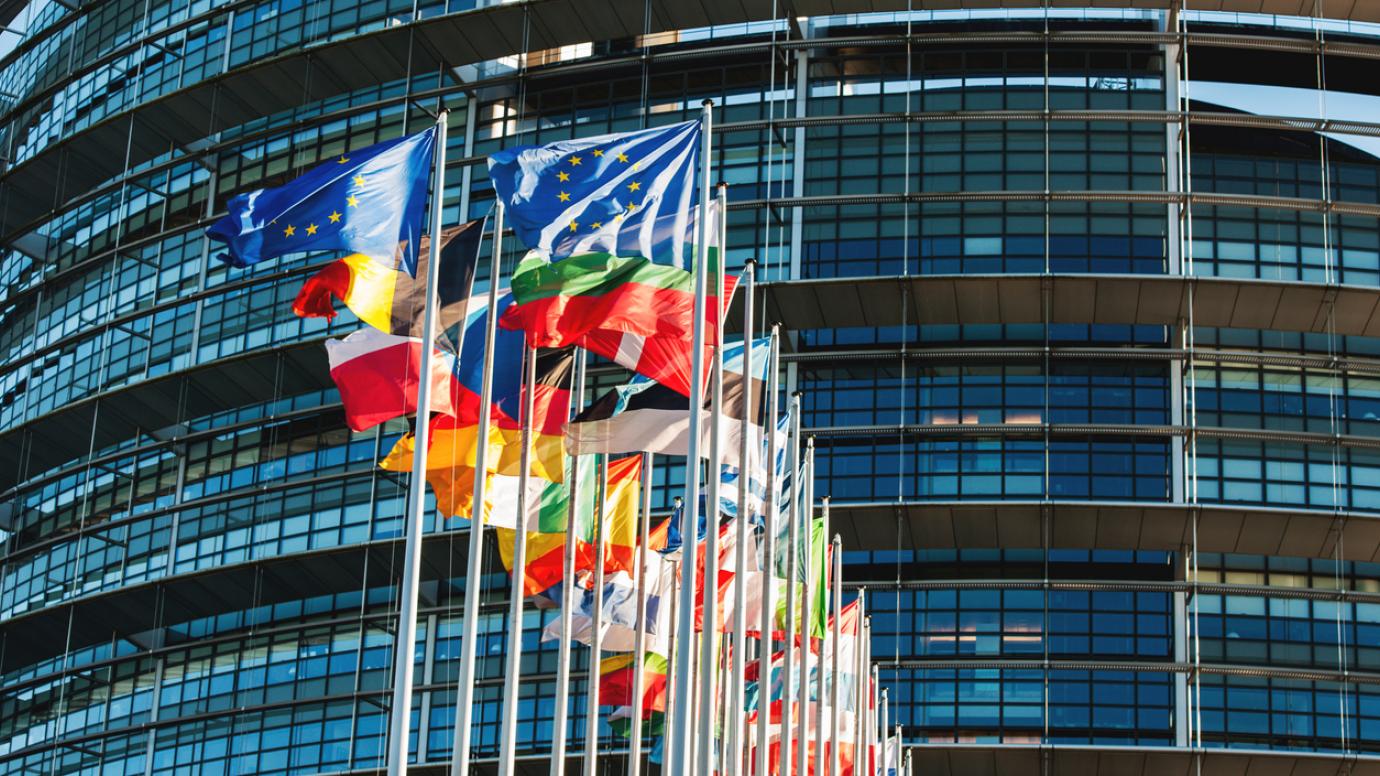Suradnja Europske komisije i 27 država članica Europske unije u području kulturne politike odvija se u okviru povezanih pripremnih tijela Vijeća EU-a – Vijeća za obrazovanje, mlade, kulturu i sport i njegova Odbora za poslove u kulturi.
Europska komisija odgovara Europskom parlamentu, odnosno, kad je riječ o kulturi, njegovu Odboru za kulturu i obrazovanje.
Za tu je suradnju potreban i dijalog s organizacijama civilnog društva, dionicima u području kulture i drugim akterima, kao što su gradovi i regije ili međunarodne organizacije, uključujući Vijeće Europe, Organizaciju Ujedinjenih naroda za obrazovanje, znanost i kulturu (UNESCO) i Organizaciju za gospodarsku suradnju i razvoj (OECD).
Suradnja s državama članicama
Otvorena metoda koordinacije praktičan je i strukturiran način za okupljanje predstavnika država članica EU-a kako bi se potaknule razmjene najboljih primjera iz prakse kad je riječ o oblikovanju politika i programa financiranja. Ta im metoda potiče zajedničko razumijevanje predmetnih pitanja i pomaže u postizanju konsenzusa o rješenjima i njihovoj provedbi.
U skladu s otvorenom metodom koordinacije stručnjaci koje su imenovale države članice sastaju se pet do šest puta u razdoblju od 18 mjeseci kako bi sastavili preporuke o politikama, priručnike i alate koji će se koristiti po cijeloj Europi. Komisija je odgovorna za organizaciju aktivnosti u okviru otvorene metode koordinacije, domaćin je većine sastanaka i pruža potporu radu povezanih skupina tako što ažurira politike i osigurava potrebne informacije, npr. na temelju studija.
Stručne skupine za otvorenu metodu koordinacije sastaju se od 2008. Među njezinim su nedavnim temama:
- kultura kao pokretač održivog razvoja (2022.)
- jačanje otpornosti kulturne baštine na klimatske promjene (2022.)
- višejezičnost i prevođenje (2022.)
- audiovizualne koprodukcije (2022.)
- visokokvalitetna arhitektura i izgrađeni okoliš (2021.)
- status i radni uvjeti umjetnika (objavit će se sredinom 2023.).
U razdoblju od 2015. – 2018. (plan rada za kulturu za 2015. – 2018.) skupine za otvorenu metodu koordinacije sastavile su sljedeća izvješća:
- Od socijalne uključenosti do socijalne kohezije: Uloga kulturne politike (2019.)
- Održivi kulturni turizam (2019.)
- Optjecaj europskih filmova (2019)
- Poticanje suradnje u Europskoj uniji u pogledu vještina, osposobljavanja i prijenosa znanja u zanimanjima povezanima s kulturnom baštinom (2019.)
- Uloga javnih politika u razvoju poduzetničkog i inovacijskog potencijala kulturnih i kreativnih sektora zajedno s Pregledom politika i studija EU-a povezanih s poduzetništvom i inovacijama u kulturnim i kreativnim sektorima (2018.)
- Participativno upravljanje kulturnom baštinom (2018.)
- Kako kultura i umjetnost mogu promicati međukulturni dijalog u kontekstu migracijske i izbjegličke krize (2017.)
- Promicanje pristupa kulturi putem digitalnih sredstava: Politike i strategije za razvoj publike (2017.) i podskupina za promicanje čitanja u digitalnom okruženju (2016.)
Dijalog s kulturnim i kreativnim sektorima
Komisija se obvezuje na jačanje dijaloga s organizacijama iz kulturnih i kreativnih sektora u okviru Nove europske agende za kulturu. Takva je suradnja jedan od preduvjeta za uspješnu provedbu te agende.
Komisija okuplja dionike i donositelje odluka kako bi raspravljali o ključnim pitanjima u skladu s prioritetima i temama politike, uzimajući u obzir kretanja i potrebe u tim sektorima. Cilj mu je da se u političkim raspravama o kulturi na europskoj razini bolje čuje glas kulturnog sektora, uz istodobno poticanje tih organizacija na veću suradnju.
„Glasovi kulture” naziv je posebnog strukturiranog dijaloga koji Komisija podupire od 2015. On služi kao okvir za rasprave između dionika iz civilnog društva EU-a i Komisije. Glasove kulture trenutačno u ime Europske komisije vodi Goethe-Institut.
Na internetu pregledajte aktualne i prethodne teme dijaloga „Glasovi kulture”.
- Razvoj publike digitalnim sredstvima (2018.)
- Međunarodni kulturni odnosi (2022)
- (Ponovno) privlačenje digitalne publike u kulturne sektore (2022.)
- Status i radni uvjeti umjetnika i profesionalnih radnika u području kulture i kreativnosti (2021.)
- Kultura i ciljevi održivog razvoja (2021.)
- Rodna ravnoteža u kulturnim i kreativnim sektorima (2020.)
- Uloga kulture u neurbanim područjima Europske unije (2020.)
- Socijalna uključenost: partnerstvo s drugim sektorima (2018.)
- Vještine, osposobljavanje i prijenos znanja: tradicionalna baština i baština u nastajanju (2017.)
- Međukulturni dijalog u zajedničkim javnim prostorima (2016.)
- Uloga kulture u promicanju uključivanja u kontekstu migracija (2016.)
- Razvoj poduzetničkog i inovacijskog potencijala kulturnih i kreativnih sektora (2016.)
- Participativno upravljanje kulturnom baštinom (2015.)
Više tema pronaći ćete u prethodnim izdanjima.



